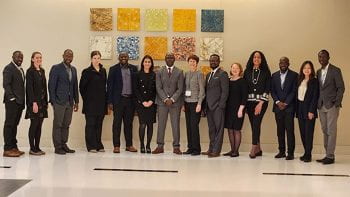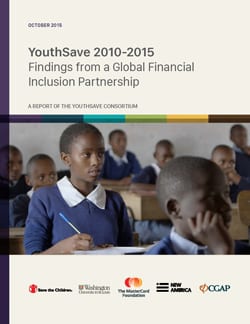The 29th annual conference of the Society for Social Work and Research (SSWR) featured the work of 41 affiliates of the Center for Social Development (CSD) across 72 events. Faculty, staff, and associated researchers contributed to 11 symposia, three roundtables, 16 oral presentations, five flash talks, and 30 poster presentations. They convened five Special Interest […]
CSD Research, Expertise Showcased at SSWR 2025






